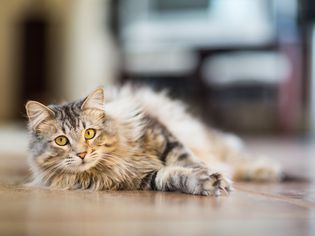
Litter Box Basics Every Cat Owner Should Know
Litter boxes are necessities for all indoor cats. They not only provide contained and pre...
Despite their beauty, daisies are one of many flowers that are toxic to cats. They aren't as toxic as some other flowers, but they can still cause symptoms that can be dangerous to some cats. So, what exactly are the dangers, and how can you prevent your curious kitty from nibbling this flower? Here’s what you need to know about protecting your cat from daisies.
Daisies belonging to the Chrysanthemum genus are indeed toxic to cats, says Miriam Feller, DVM, a veterinarian at Twin Cities Veterinary Hospital in Corte Madera, California. This includes the familiar white-petaled daisies with yellow centers, also referred to as common daisies or English daisies.
However, other species of daisies, such as blue daisies and Gerbera daisies, are not toxic to cats, she adds. If you have varieties other than common daisies in your yard, be sure to look up their safety for cats.
The primary toxins in daisies are pyrethrins and sesquiterpenes, which are found throughout the plant. These compounds work to deter insects and animals from eating the flowers.
When daisies are consumed, the toxins contained in the plant can cause illness in cats. The first major toxin, sesquiterpene, is a contact irritant known to irritate the skin, oral mucosa, and GI tract when ingested, explains Feller. This toxin can result in excessive drooling, skin irritation, vomiting, diarrhea, and even bleeding in the GI tract, she says.
The other most significant toxin type in daisies is pyrethrins, natural insecticidal chemicals that can disrupt a cat’s nervous system, causing symptoms like wobbliness and incoordination, says Feller.
“Like many other toxic compounds, severity of daisy toxicity is dose-dependent, so it's pretty unlikely (though still possible) that a cat who's chewed on a petal or two will have any significant adverse effects."
Chap Pratt, DVM, DACVECC, a veterinarian at Colorado Animal Specialty and Emergency Colorado (CASE) in Boulder, Colorado, adds that ingestion of daises alone in healthy cats is rarely fatal. But, cats with certain pre-existing medical conditions, such as inflammatory bowel disease or chronic kidney disease, may be more vulnerable to negative effects, such as gastrointestinal symptoms or dehydration.
If you know or suspect your cat consumed daisies, call your vet, the Pet Poison Helpline (855-764-7661), or the ASPCA Animal Poison Control Center (888-426-4435) for advice. These professionals can assess whether your cat needs prompt veterinary attention or if a wait-and-see approach is appropriate.
Fortunately, most cases of daisy ingestion are time-limited and don’t require medical attention, says Pratt. However, he notes that some cats may require fluid therapy to ensure adequate hydration or medications, such as anti-nausea or acid-suppressing drugs.
If your cat's fur is contaminated with toxic plant matter, wash them ASAP with a cat-safe shampoo to prevent further ingestion.
Keeping your feline companion safe from the potential dangers of daisies involves implementing proactive measures to minimize exposure. Here are some practical tips to help safeguard your cat.
Keeping daisies out of your home is recommended to ensure your cat’s safety. But, if you can’t resist bringing home an occasional bouquet with daisies, place the vase in an area that’s inaccessible to your cat. Cats are known to be able to access hard-to-reach areas, though, so be sure to keep an eye on your feline friend.
If your cat goes outdoors and you have outdoor daisies, consider creating barriers or fencing to prevent your cats from accessing them. You could also keep your kitty on a leash and harness when outside to allow them to safely explore your yard.
Be aware of what plants you have in your yard and home, and look each one up on the ASPCA’s list of toxic plants. This list details each plant’s toxic compounds, symptoms to monitor for, and whether emergency care is needed in the event of ingestion.
When choosing plants to display in your home, choose cat-safe options. Good choices include:
You can also offer your kitty cat grass, which they can safely nibble on.
If you suspect your cat has been munching in the garden or on a bouquet, don’t assume they only consumed daisies. Daisies are often found alongside other flowers in a garden or bouquet, so your cat might have also consumed other plants or flowers, some of which could be highly toxic to cats, says Pratt. Some preservatives in bouquet water can also be toxic to cats, he adds.

Litter boxes are necessities for all indoor cats. They not only provide contained and pre...
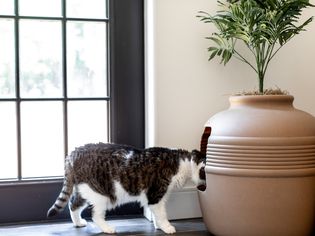
You have a new kitten or have just welcomed a cat into your home, so now you need to cove...
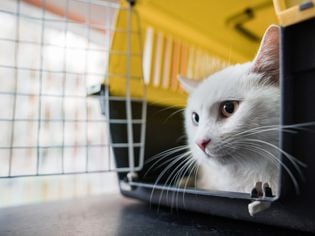
Veterinary visits are a vital part to our cat’s care. Many cats find traveling and carr...
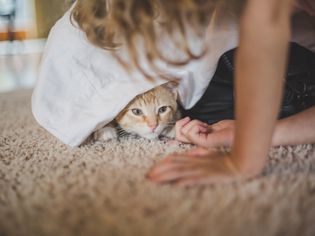
Cats can have all different kinds of personalities. Some are outgoing, dominant, cuddly, ...
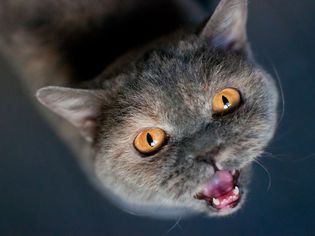
As you probably already know, cats make a variety of noises. Some breeds, such as Siamese...
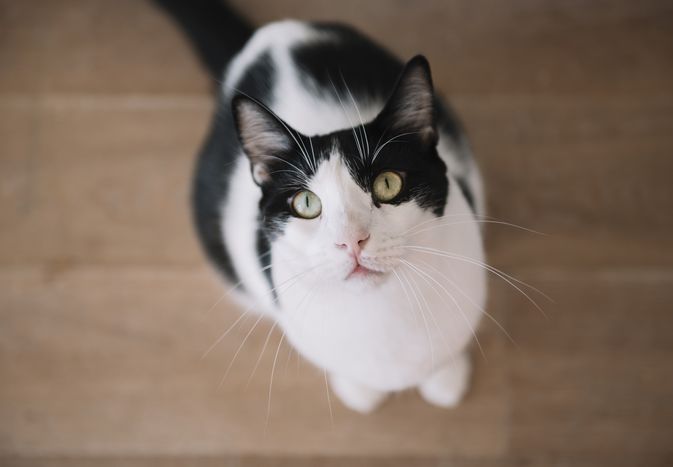
Have you ever wondered if cats know their names? Unlike dogs, cats are not known for comi...
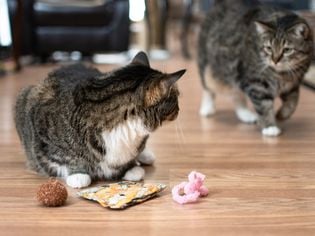
Cats will wrestle and play with each other and sometimes even get a little rough, but tha...
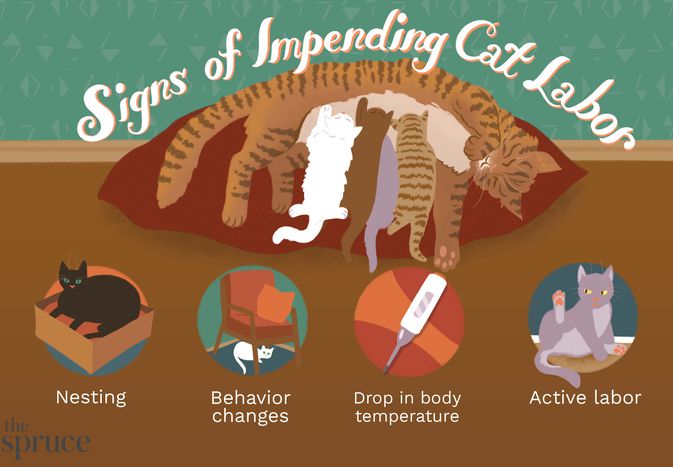
If you have a pregnant cat (queen), and it looks like she is ready to birth her kittens (...
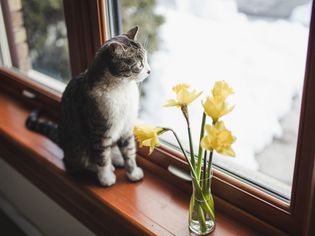
Spring flowers are always a welcome sight after a long, dark winter. Not all spring flowe...
Comments on "Are Daisies Toxic to Cats?" :